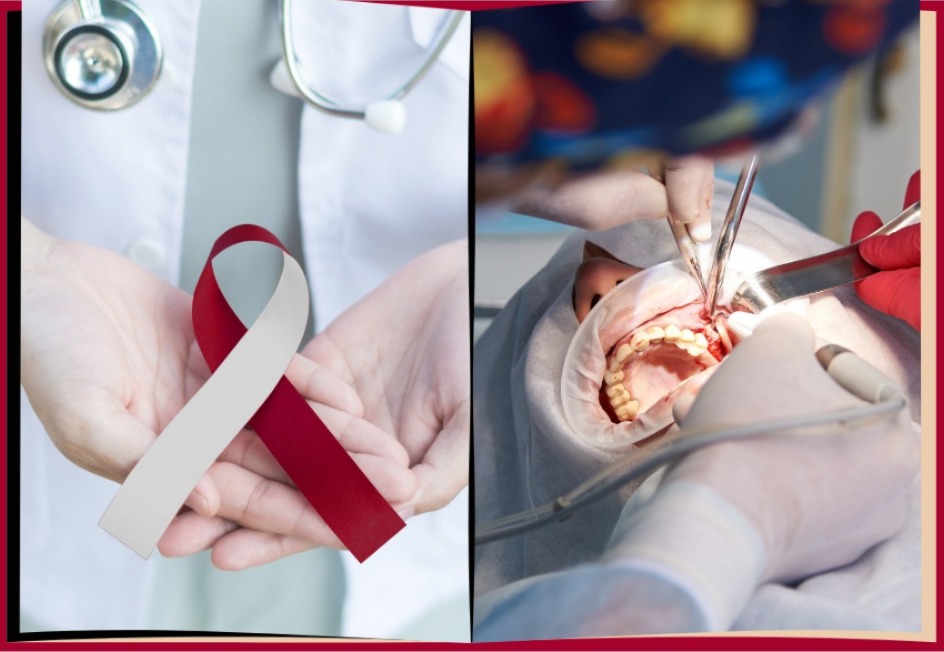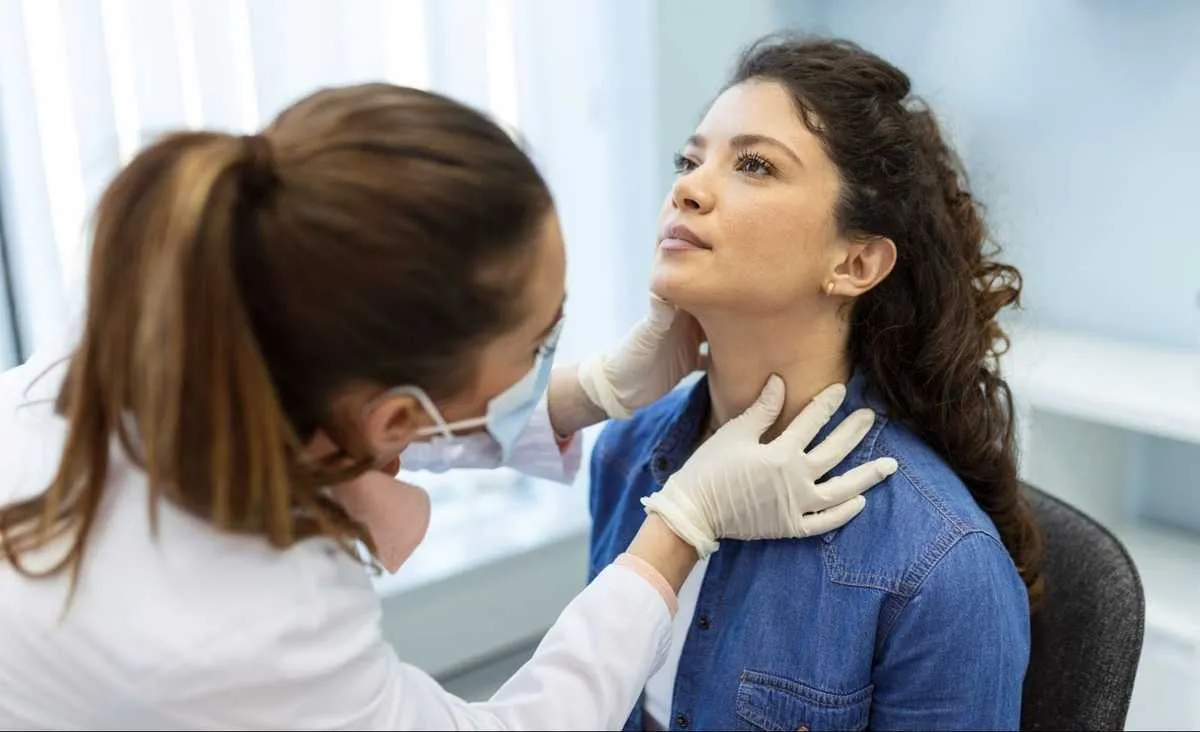Oral cancer surgery is often a crucial component of treatment for individuals diagnosed with oral cancer. The surgery aims to remove cancerous tissues from the mouth, which may involve areas such as the lips, tongue, gums, or inner cheeks. For many patients, surgery is the first step toward eliminating cancer and restoring oral health. This guide provides an overview of what to expect before, during, and after oral cancer surgery, offering insights into recovery and the role of specialized professionals like Dr. Amit Chakraborty, an experienced oncologist specialist in Dubai, Mumbai, and Nagpur.
1. Understanding Oral Cancer Surgery
Oral cancer can manifest in different parts of the mouth and throat, requiring a tailored surgical approach depending on the tumor’s location and size. Common types of oral cancer surgeries include:
– Tumor Resection: The surgeon removes the tumor and surrounding tissue to ensure all cancer cells are eliminated.
– Mandibulectomy: In cases where the cancer has spread to the jawbone, parts of the jaw may need to be removed.
– Glossectomy: Removal of part or all of the tongue if cancer affects this area.
– Neck Dissection: This is often done if cancer has spread to the lymph nodes in the neck, removing affected nodes to reduce the risk of recurrence.
It’s essential to consult an oral surgeon or an oncologist specialist with expertise in oral cancer, like Dr. Amit Chakraborty, who practices in Dubai, Mumbai, and Nagpur. Experienced specialists will help create a treatment plan based on individual needs and cancer stage.
2. Preparing for Surgery
Preparing for oral cancer surgery involves several steps to ensure both physical and mental readiness. Here’s what patients can generally expect:
– Pre-surgery Assessment: Tests like CT scans, MRIs, and biopsies provide the surgeon with a clear view of the tumor’s size, spread, and exact location.
– Medical Evaluation: A thorough health check assesses overall fitness for surgery. If there are underlying conditions like diabetes or heart disease, these may need to be managed before the procedure.
– Nutrition Guidance: Maintaining good nutrition before surgery is critical for recovery. Some patients may need to switch to a soft or liquid diet.
– Mental Preparation: Surgery can bring anxiety, so it’s recommended to consult a counselor or support group. Speaking with Dr. Amit Chakraborty or another qualified oncologist can help in understanding the procedure, alleviating some concerns.
3. The Day of Surgery
Oral cancer surgery can last from several hours to an entire day, depending on the procedure’s complexity. Here’s an outline of what usually happens on the day:
– Anesthesia Administration: Most oral cancer surgeries require general anesthesia. Patients are usually unconscious throughout the procedure, ensuring comfort.
– Surgical Procedure: The surgical team, including an oncologist specialist and oral surgeon, removes the cancerous tissue and may reconstruct affected areas using grafts or prosthetics. Some surgeries involve a reconstructive surgeon to restore appearance and function.
– Post-surgery Observation: After the surgery, the patient is monitored in a recovery room to ensure all vital signs are stable. In some cases, an ICU stay is necessary.
4. Postoperative Recovery
Recovery from oral cancer surgery varies based on the type and extent of surgery. Here are typical stages and expectations:
– Initial Recovery Period: The first few days after surgery can be challenging. Swelling, pain, and difficulty swallowing or speaking are common. Pain medications and other prescribed treatments help manage these symptoms.
– Nutritional Support: Due to oral discomfort, patients may require a feeding tube initially. As recovery progresses, they may transition to a soft diet and eventually solid foods.
– Speech and Swallowing Therapy: If surgery affected speech or swallowing, speech therapists or swallowing specialists work with patients to rebuild these functions. Dr. Amit Chakraborty often collaborates with rehabilitation specialists to support a full recovery.
– Emotional Support and Counseling: Adjusting to physical changes post-surgery, especially when appearance or function is affected, can be emotionally taxing. Support groups, counseling, and regular consultations with an oncologist are highly recommended.
5. Managing Potential Complications
Oral cancer surgery, like any major surgery, may come with potential complications. Here’s what to monitor:
– Infection: Surgery in the mouth can increase the risk of infection. Good oral hygiene, as advised by the healthcare team, is crucial for preventing infections.
– Pain and Swelling: While normal, prolonged pain or excessive swelling should be reported to the surgeon.
– Difficulty Breathing: In cases where swelling obstructs the airway, emergency medical attention is essential.
– Lymphedema: Following neck dissection, some patients experience lymphedema, or swelling due to lymph fluid buildup. Physical therapy and specialized massages can help manage this.
6. Long-term Recovery and Rehabilitation
Oral cancer surgery often requires an extended period of recovery, during which patients gradually resume their daily activities. Here’s what the long-term recovery phase entails:
– Follow-up Appointments: Regular follow-up appointments with your oncologist specialist are essential for monitoring recovery and detecting potential cancer recurrence early. Dr. Amit Chakraborty, with his experience in Dubai, Mumbai, and Nagpur, advises his patients on a follow-up schedule and conducts necessary tests to ensure continued health.
– Lifestyle Adjustments: Avoiding tobacco, alcohol, and maintaining a balanced diet can help reduce the risk of recurrence. Your healthcare team can provide guidelines for a healthy lifestyle.
–Rehabilitation: Physical therapy, speech therapy, and counseling support are critical components of long-term recovery. Many patients benefit from ongoing therapies to restore function and adjust to any changes in appearance.
7. Life After Oral Cancer Surgery
Surviving oral cancer and undergoing surgery can be life-altering. Patients may experience a renewed sense of purpose and an increased focus on health. Support from family, friends, and cancer survivor networks can make this transition smoother. Dr. Amit Chakraborty, as a renowned oncologist specialist in Dubai, Mumbai, and Nagpur, emphasizes holistic care for his patients, ensuring they receive not only medical but also emotional and social support.
Final Thoughts
Oral cancer surgery is an intensive but often life-saving treatment. With proper preparation, recovery support, and guidance from an experienced specialist like Dr. Amit Chakraborty, patients can navigate surgery and the recovery process with confidence. Seeking care from a skilled oncologist or oral surgeon and following a comprehensive post-surgery plan are essential steps toward full recovery.






